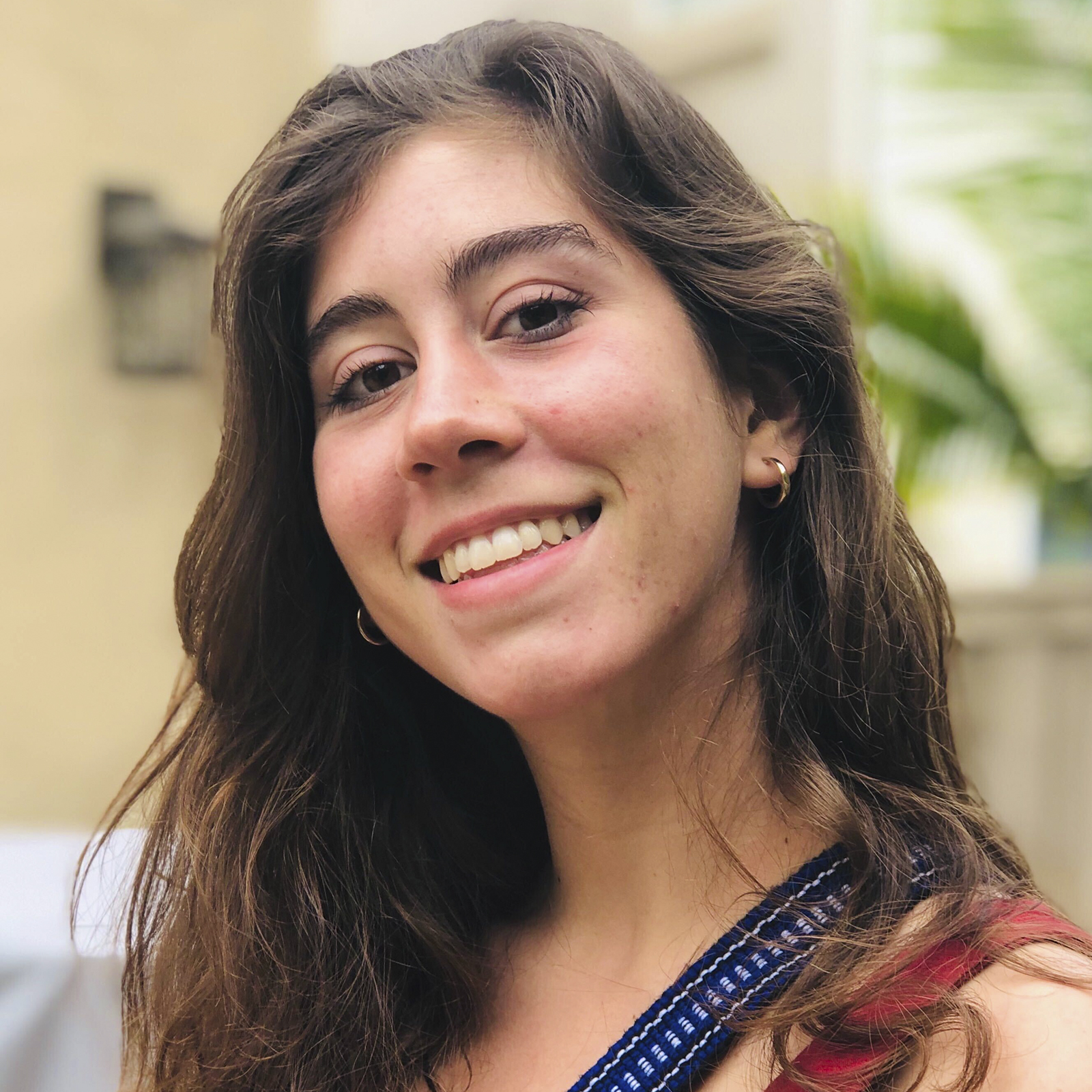Nucci was the 2019-2020 Assistant News editor for the Features & Student Life beat. She was previously a contributor for the Campus Politics beat from 2018-2019 and Copy staff from 2017-2019.
Nucci was the 2019-2020 Assistant News editor for the Features & Student Life beat. She was previously a contributor for the Campus Politics beat from 2018-2019 and Copy staff from 2017-2019.
COMMENTS

